
It does not always happen in an alley.
It does not always happen in the dark.
It does not always happen at knifepoint.
It does not always happen in the park.
It always leaves scars.
As difficult as it has been writing this, there’s a point — a perspective, mine and other men’s, that shouldn’t be silent.
One of the greatest men I know once told me if I really wish to make a difference in the world I have to tell my story.
Not the public story I share with others in polite arenas — the real, personal one.
I remember attending one of the Cross-Cultural Leadership Center’s Diversity Summits. There’s a culminating activity called “cross the line,” in which situations are called out, and if they are true for the participants, we “cross the line” of the circle to stand in the center with others who are in the same boat.
“Cross the line if you, or someone you know, have been the victim of sexual assault” was called out.
I hesitated. For about five seconds. Then I crossed the line.
I suppose I could have justified the crossing with by saying I knew a victim, but the preparation and lead-up had encouraged us to drop social and emotional barriers.
I was vulnerable.
I think I took three, maybe four steps into the circle before I broke down. Not crying — weeping. I fled the room.
I’m so grateful that a friend of mine was a student working at the summit. She came out to me. I lack the words to describe the reality of that experience.
Sorrow? Yes. Shame? Hell yes. Despair and depression? Fuck yes. Anger? Yes, with the intensity of a thousand white-hot suns.
Statistics regarding male victims of sexual assault are scarce and inconsistent. Some will say that 10 percent of all victims of “sexual assault, sexual abuse and rape” are male. Others will go higher and put the number at 38 percent of victims.
Then we get one in six men “have experienced abusive sexual experiences before age 18” or “one out of every 33 American men has been the victim of an attempted or completed rape in his lifetime.”
Feeling confused? The difficulty is a matter of language — how sexual assault and rape are defined both legally and socially.
Does a man have to be penetrated to be a sexual assault victim? No. If his penis becomes erect does it imply consent? No. If he achieves orgasm, he must have wanted it, right?
No.
Many sexual assault laws, until fairly recently, used language that implied that only women could be victims.
There is a significant stigma surrounding male sexual assault survivors that makes gathering reliable data difficult.
There’s a belief that a man wasn’t strong enough to prevent the assault. Or that straight male victims might think that they will be perceived as gay. Or gay male victims may feel targeted because of their orientation.
Male sexual assault survivors experience similar psychological effects to those of their female counterparts. Depression, fear, anger, disbelief, guilt and doubt plague assault survivors of any gender identity.
Sexual assault happens at the Santa Clara County Fairgrounds. It happens in the daytime, in the showers, painted that horrible ’70s institutional pea-soup green, attached to the public restroom near the cattle barns. I was a 9-year-old boy. It happens by the teenager who’d worked with my family for years.
And it hurts.
A lot.
It happens at a friend’s 21st birthday party. It’s a cute guy, who’d been making semi-appropriate conversation, that handed me a drink and then I have no memory until the morning.
It’s waking up naked and disoriented, being licked by his big-ass Dalmatian while he is getting dressed. It is the sexual comments about “last night” that confirmed sexual activity. And I didn’t find a condom wrapper anywhere.
There has been so little public discourse on male assault survivors that some men doubt that they have been sexually assaulted.
Unfortunately many of the services for sexual assault survivors are not overtly welcoming of men. It’s understandable as most survivors are women, but it doesn’t lessen the need for safe spaces for male assault victims to seek help.
I didn’t end up reporting these assaults.
When I was 9, there hadn’t been the conversation about child molestation or rape so who’d believe that I wasn’t making it up.
As for the second one, I was frightened. I was dealing with self-doubt. I didn’t want to deal with the police. Would the responding officer mock me? Make inappropriate comments?
I didn’t need that.
Any of it.
Joseph Rogers can be reached at [email protected] or @JosephLRogers1 on Twitter.




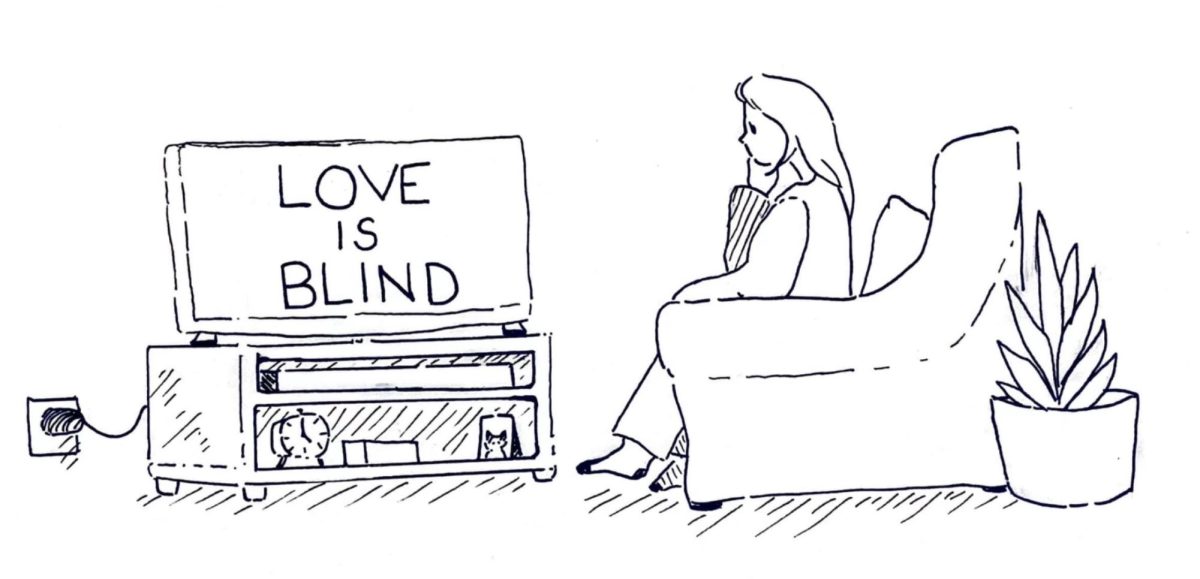
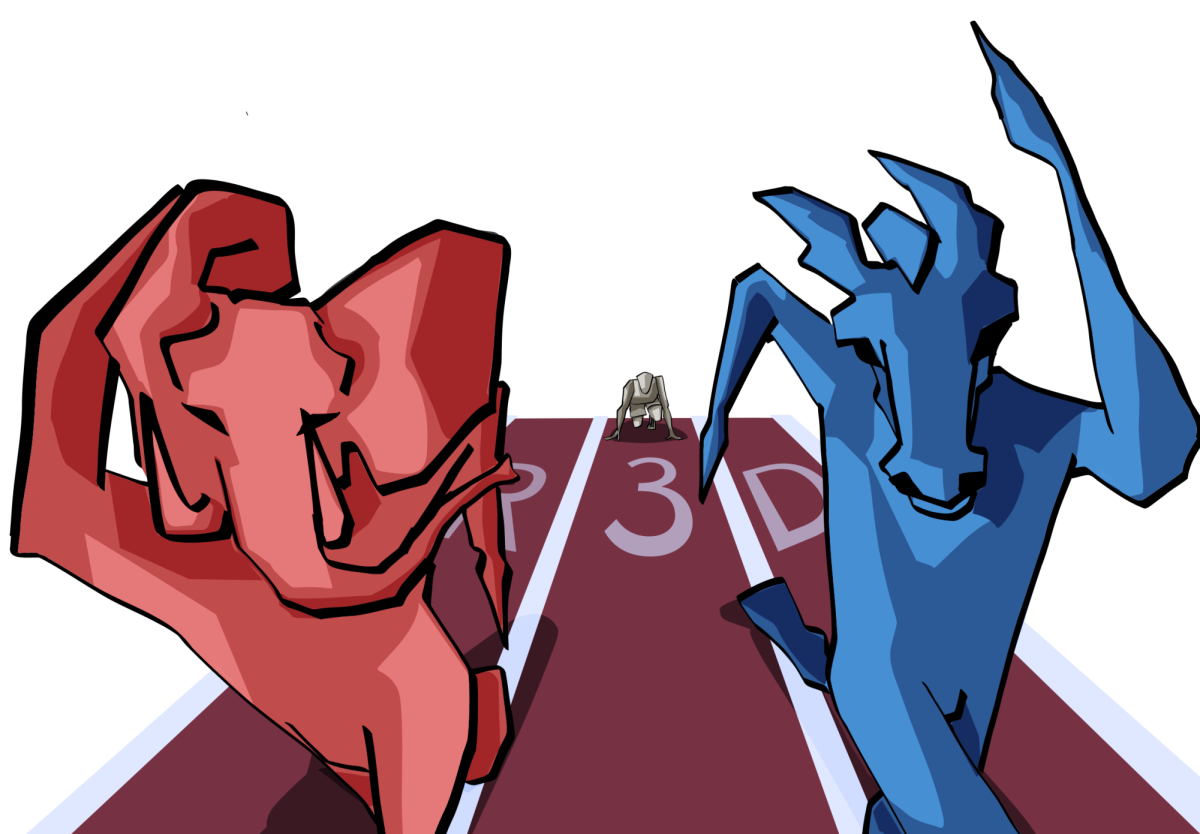
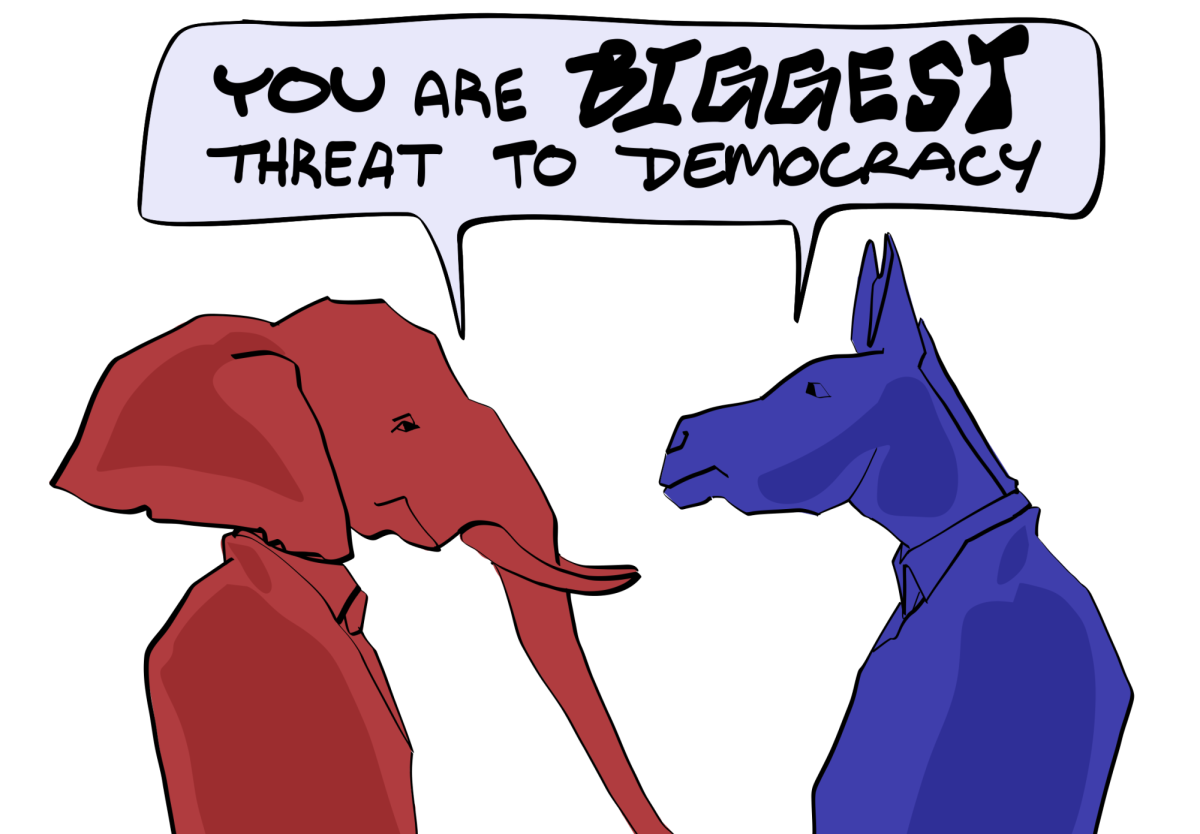
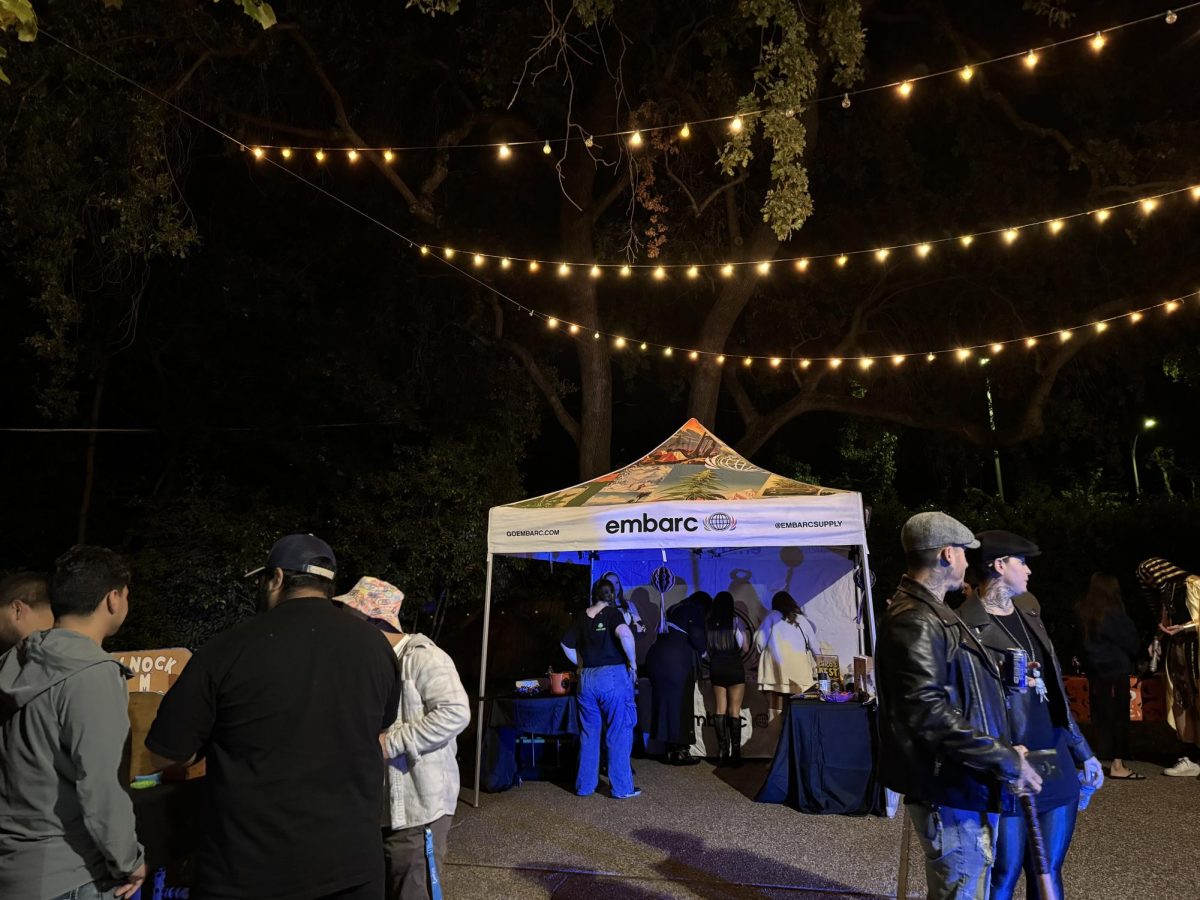
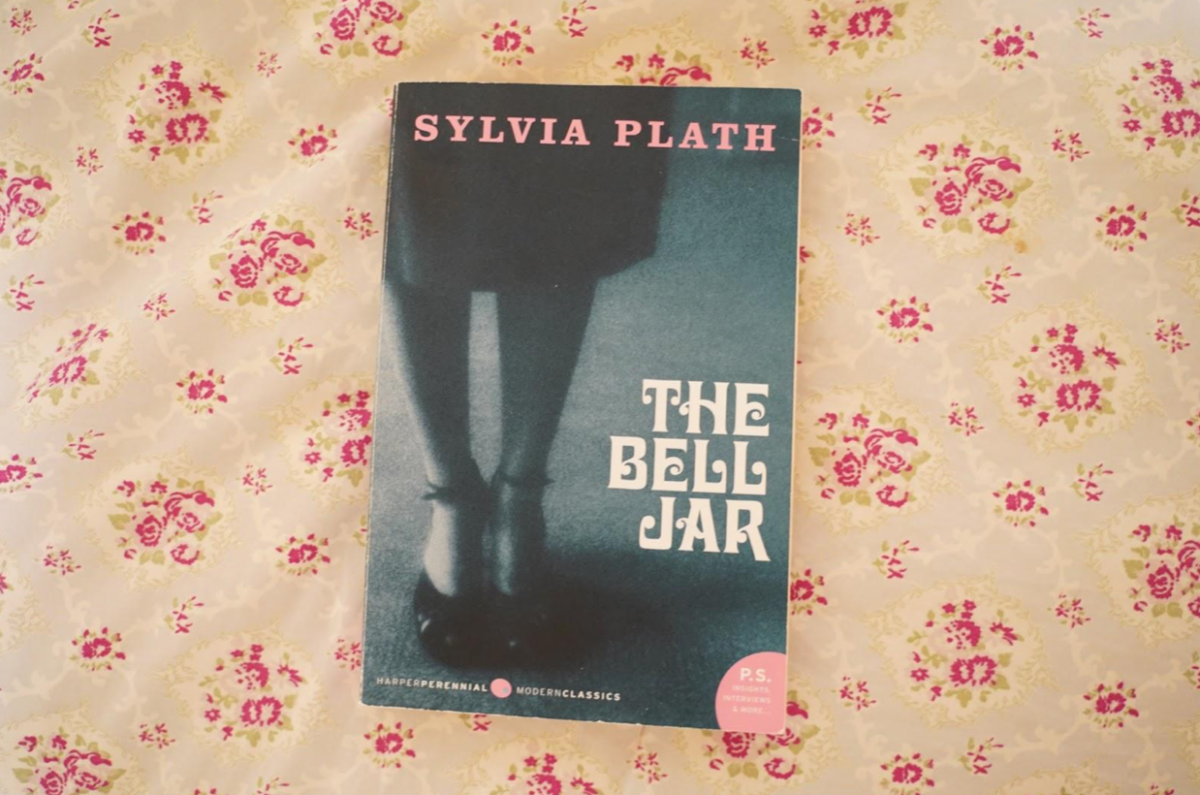
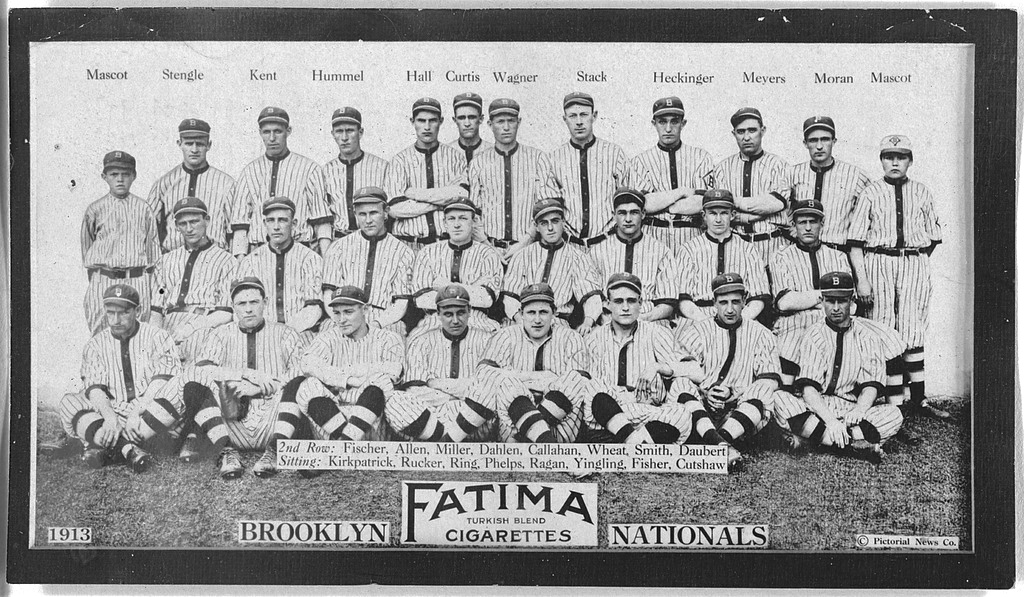
Jeff // Jul 13, 2017 at 3:53 pm
I was brutal beaten and raped when I just turned 18. I grew up in a small farm community in the Midwest. I only knew my rapest because he was two years ahead of me in h s. He was a star football jock, his father was the principal of our school . In the late 1970es being a boy, raped no one would have listened. After my attack I had to go home at 4 in the morning. I had two fractured ribs, my face was a mess. All I told my parents was I was in a fight. It took me 30 yrs to finally seek counceling. I blame myself not fpr the rape but not speaking up. I found out several of my buddies were also raped ny this guy. Even today, living in los Angeles ca. There r no support groups, nothing. No one wantes to even say male rape.